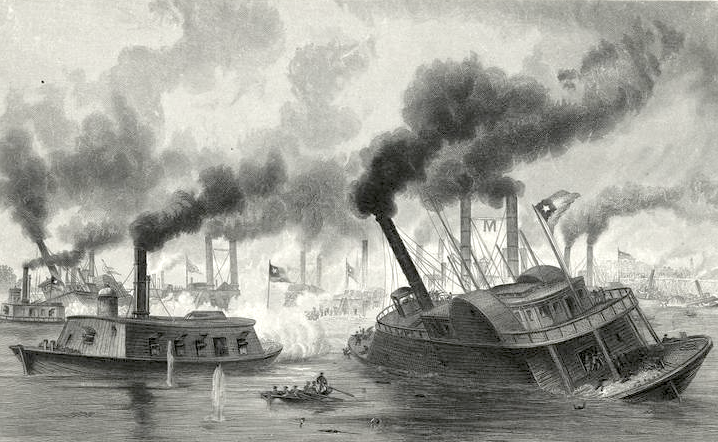Video: July 4, 1862 (at 15:06)
(Friday, July 4, 1862, during the American Civil War) — Massachusetts Senator Charles Sumner today repeatedly urged President Lincoln to use the Independence Day holiday to adopt a policy of emancipation.
“I would do it if I were not afraid that half the officers would fling down their arms and three more states would rise,” President Lincoln reportedly told Sumner.

